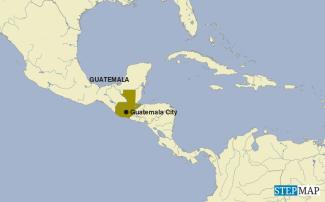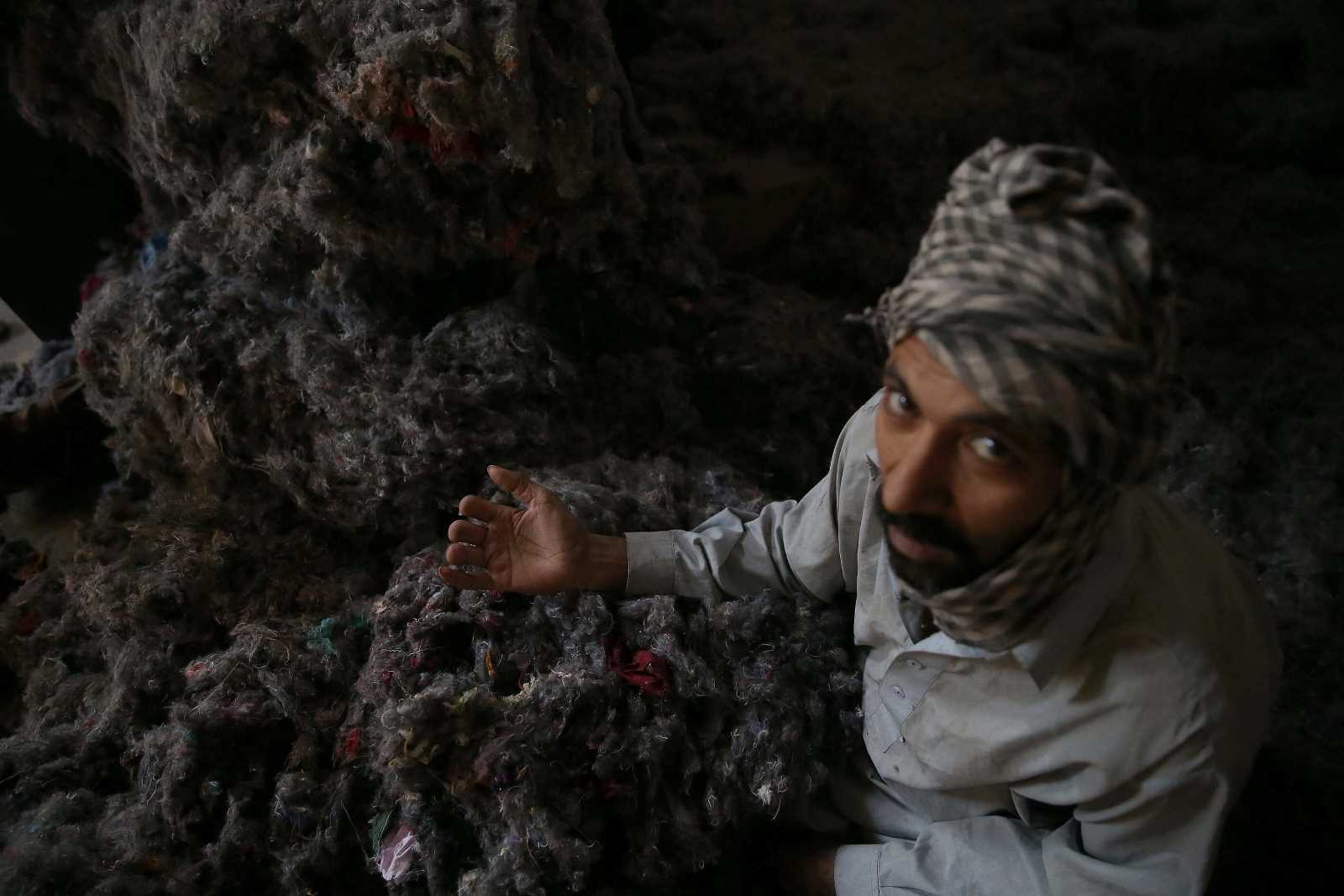Pupils
Back to school after the pandemic

Considered as one of the most unequal countries in the world, Guatemala has a poverty rate of almost 53 %, according to 2020 data. Moreover, the number of people living in extreme poverty has increased by four points since 2014 to around 19 %. The inability of government to provide universal free education requires that learners make a financial contribution in form of school tuition fees. Many more families cannot afford this cost.
The situation is even more dire considering that the country has the second lowest average years of schooling per child in Central America, just behind Honduras. The average number of years of study for Guatemalans is 6.3, which means that many learners barely complete primary education. With the onset of the Covid-19 pandemic, schools closed for over a year, and this led to a seven percent increase in dropout rates.
Hosy Orozco, director of the department of education at the Rafael Landívar University, says that when they drop out of school, “the return of these children to the educational system is more difficult, and that makes average school drop-out rates higher.”
In February 2022, the education commission of Guatemala recommended the reopening of schools and adoption of a hybrid learning style which would involve both in-person and online classes. However, many educational institutions around the country face several challenges such as access to clean water and other sanitary conditions. The education body estimates that at least 945 schools with close to 1.5 million students grapple with these challenges. Splitting resources between public health protocols and academic instruction is making educational programmes even more costly.
Jorge Andrés Gálvez, director of the Educational Research Centre of the Universidad del Valle de Guatemala says that even as schools reopen, there remains a challenge of helping learners catch-up with lost time. Moreover, the need to constantly adhere to standard operating procedures for Covid-19 makes it harder for schools to operate. In the end, learners from poor backgrounds will continue to suffer.
In a 2020 report, UNICEF found out that the conditions of inequality affected how learners from low-income backgrounds were able to access learning in a time when education institutions adopted virtual classes. Access to technology became critical in education. While learners from privileged backgrounds were able to access the technology and tools to receive continuous learning, those from poor backgrounds fell behind, with some completely dropping out of school.
Gildaneliz Barrientos is a journalist in Guatemala.
gildacol54@gmail.com














